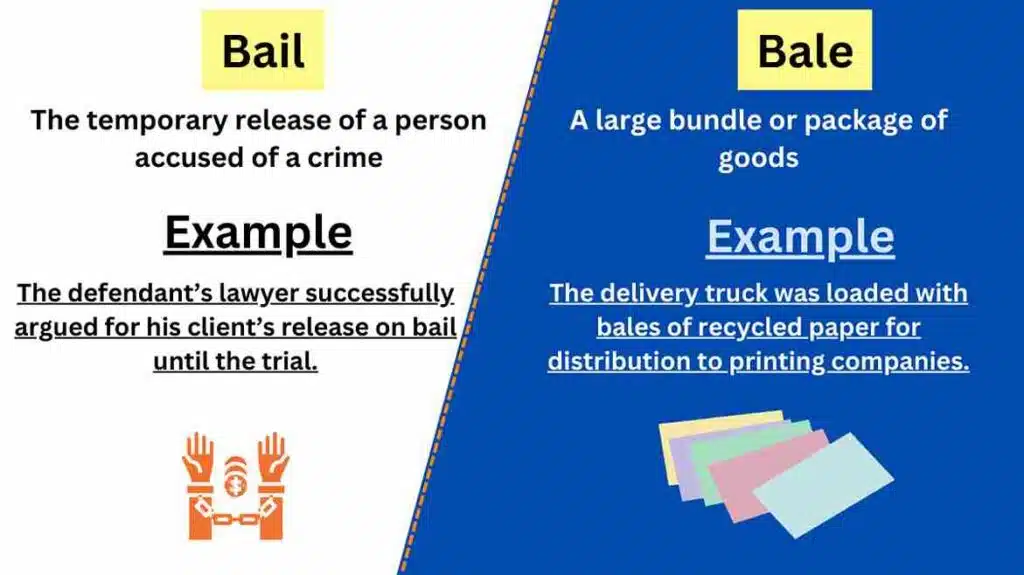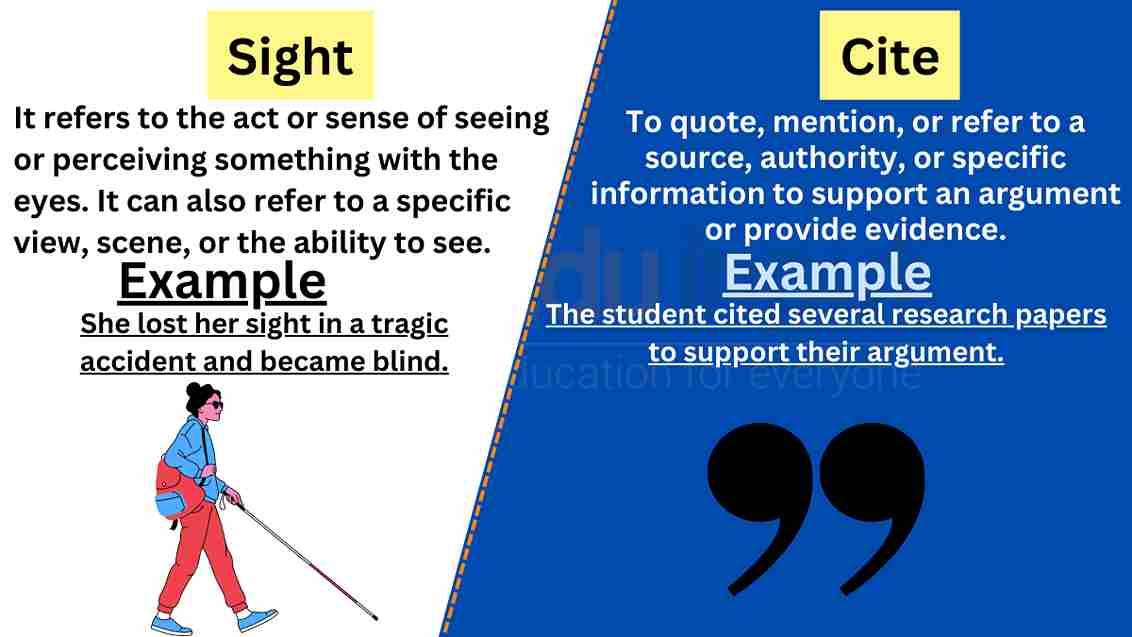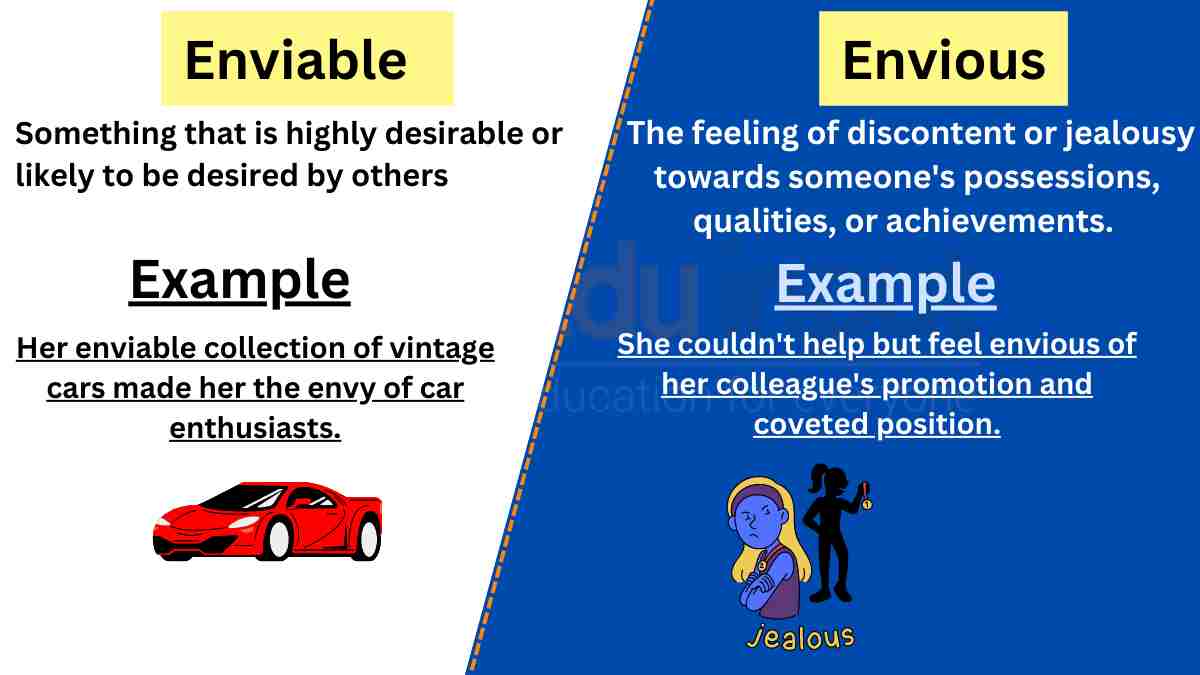Bail vs Bale-Difference between and Examples
In the English language, words that share a similar appearance can possess contrasting meanings. One such pair is “bail” and “bale.” In this article, we will delve into the definitions, differences, and contextual usage of these terms to gain a clearer understanding of their significance. By discerning between “bail” and “bale,” we can effectively communicate matters related to a legal release and bundled goods. Let’s explore the distinctions between “bail” and “bale.”

Meanings and Examples
Bail Meaning
Noun: The meaning of bail is the temporary release of a person accused of a crime, usually provided in exchange for a specified sum of money or other forms of security.
Bail Examples
a) The defendant’s lawyer successfully argued for his client’s release on bail until the trial.
b) The judge set the bail at $10,000, requiring the defendant to pay that amount to secure their release. c) The accused was unable to afford the bail amount and remained in custody until the court hearing.
d) The bail bondsman facilitated the process by providing the necessary funds to secure the defendant’s release.
e) The decision to grant bail is determined based on various factors, including the severity of the crime and the defendant’s flight risk.
Bale Meaning
Noun: The meaning of bale a large bundle or package of goods, typically tightly bound with cords or straps for ease of transport or storage.
Bale Examples
a) The farmers stacked bales of hay in the barn to ensure a sufficient supply for the livestock during the winter.
b) The warehouse contained rows upon rows of bales filled with cotton, awaiting shipment to textile factories.
c) The delivery truck was loaded with bales of recycled paper for distribution to printing companies.
d) The workers used a forklift to move the heavy bales of merchandise from the factory to the shipping area.
e) The ship’s cargo hold was filled with bales of tobacco, ready for export to international markets.
Differences Between and Bail and Bale
| Criteria | Bail | Bale |
| Meaning | Temporary release of an accused person in exchange for security | A large bundle or package of goods |
| Part of Speech | Noun | Noun |
| Pronunciation | beɪl | beɪl |
| Usage | Legal context related to the release of an accused person | Referring to bundled goods for transport or storage |
Grammatical Aspects
As Verb
- Bail: “Bail” can also be used as a verb, meaning to secure the release of someone on bail.
- Bale: “Bale” is not commonly used as a verb.
Usage in a Paragraph
After spending several days in custody, the accused appeared before the judge who considered their bail request. The defense attorney argued persuasively, highlighting the defendant’s strong ties to the community and their commitment to appearing for all court proceedings. Ultimately, the judge granted bail, requiring a substantial sum as security. With the help of a bail bondsman, the accused’s family was able to meet the bail requirements and secure their loved one’s release from jail.
Meanwhile, in a different setting, the warehouse workers diligently organized and stacked bales of merchandise, preparing them for shipment to retailers. Each bale contained a specific quantity of goods, tightly bound with sturdy straps to facilitate easy handling and transportation. The bales were systematically loaded onto trucks, ensuring efficient distribution to various destinations. The warehouse bustled with activity as the workers meticulously prepared the bales, knowing that their efforts contributed to the smooth flow of goods within the supply chain.
By understanding the nuances between “bail” and “bale,” we can accurately convey the concepts of legal release and bundled goods. “Bail” pertains to the temporary release of an accused person upon providing security, whereas “bale” represents a tightly bound bundle of goods for ease of transport or storage. Whether discussing legal matters or logistical operations, a clear distinction between these terms ensures effective communication.






Leave a Reply